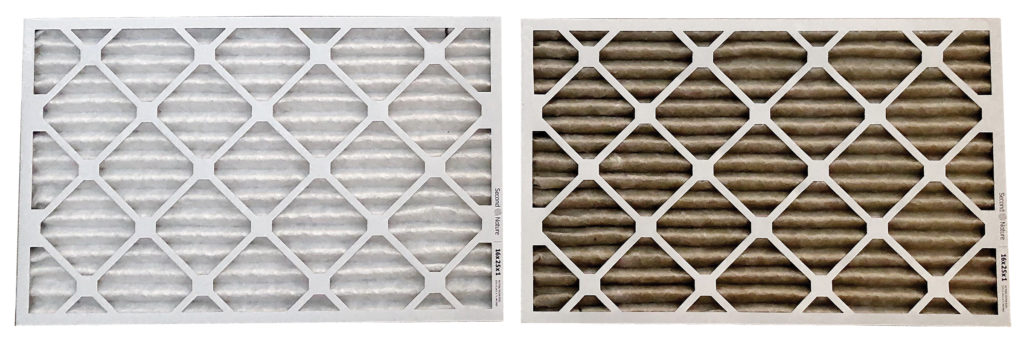By Pat Keegan and Brad Thiessen
Last year brought financial hardships, and with a new year ahead, I’m looking for new ways to save money. I know there are things I can do to save energy at home and lower my monthly bills. Can you share a few ideas on how to start the year off right by saving energy?
You bet! Here are a few simple tips to help you get organized and start an achievable path to saving energy. First, we’ll take a look at three important steps when considering energy efficiency projects: information gathering, planning and taking action.
Start by gathering information.
Begin by reviewing your 2019 energy bills. Knowing how and when you use energy can help you decide how ambitious your plan should be. If you have questions about your past bills or energy use, give your electric co-op a call––they’re available to help you understand your energy bills. Your co-op may also offer a free app that can show you exact data about your home energy use.
Next, visit your electric co-op’s website to see if they offer additional assistance, like energy improvement rebates, free energy audits or other special rates and programs.
Finally, the most important step is to schedule an energy audit, or conduct an online energy audit. (Remember: your electric co-op may offer free audits.) If you plan to live in your home for many years to come, hiring an energy auditor may be the best investment you can make. An energy auditor can tell you which energy efficiency actions will save you the most money or provide the biggest improvement in comfort. If you’re looking for a faster, DIY (socially distanced) method, try an online energy audit like energystar.gov’s Home Energy Yardstick.
Develop a plan
Now that you’ve gathered the information you need, you can develop a plan. It can be simple or more comprehensive. If your priority is cutting energy costs, you can select the measure that will deliver the most savings. Maybe you’re already planning to do work on your home, such as roofing or renovating, and you can incorporate energy efficiency strategies into that project. To complete your plan, you’ll likely need to check with local contractors or suppliers about costs.

Take action
Now that your planning is done, it’s time to take action. If you’re tackling any major energy efficiency projects that require a contractor, remember to do your research and hire a licensed, reputable professional.
In addition to energy efficiency projects and upgrades, there are other ways you can get organized to save energy:
Replace filters regularly. A clean filter can improve the performance of your heating and cooling system, and reduce the electricity needed to pump air through your ductwork. Replace the filter now if it’s been a while, then set a reminder on your phone, online calendar or paper calendar for the next replacement. Filters should be replaced every month if you’re using an inexpensive filter, or every three months if you’re using a higher-quality filter. A better filter will do a better job and last longer.
Program your thermostat. Heating and cooling your home account for the most energy use, so setting your thermostat to match your lifestyle can make a major difference. If you don’t have a programmable or smart thermostat, get in the habit of manually adjusting your thermostat throughout the day or setting it to the most energy-efficient setting when you’re away.
Label the circuits in your breaker box. It may not reduce your energy use, but it’s an easy way to get organized and will save a lot of headaches down the line!
We hope by taking a little time to complete these steps, you’ll be well on your way to a more energy efficient 2021!
Patrick Keegan writes on consumer and cooperative affairs for the National Rural Electric Cooperative Association, the Arlington, Va.-based service arm of the nation’s 900-plus consumer-owned, not-for-profit electric cooperatives. Write to [email protected] for more information.




